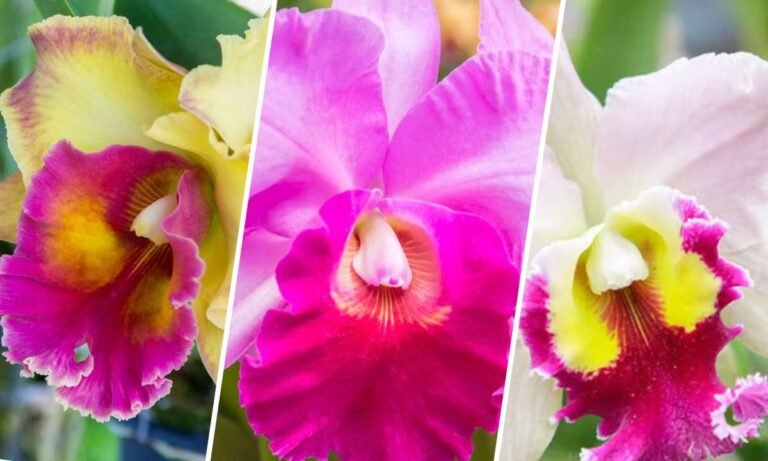The black lotus flower is a mysterious and captivating symbol representing transformation. It is admired in many cultures and spiritual practices for its deep, velvety petals and mystical aura. Let’s delve into the rich meanings, historical significance, and fascinating symbolism of the black lotus flower.
Origins and Etymology of the Black Lotus Flower
The black lotus flower, scientifically named Nymphaea nouchali var. caerulea, gets its name from ancient Egyptian and Hindu mythology. In Egyptian culture, the lotus symbolizes rebirth and the sun’s daily journey across the sky. In Hinduism, it represents purity and enlightenment, even in darkness.
Symbolic Meanings of the Black Lotus Flower
- Transformation and Renewal: The black lotus flower is primarily seen as a symbol of transformation and renewal. Its deep black color represents the unknown and the soul’s transformative journey. In spiritual practices, it helps in deep meditation and inner exploration.
- Mystery and Spirituality: This flower also embodies mystery and spirituality. Its rarity and striking look inspire awe and reverence, making it a symbol of deep spiritual insight and transcendence beyond the material world.
- Resilience and Strength: Despite its dark color, the black lotus symbolizes resilience and strength. Just as the lotus blooms beautifully from murky waters, the black lotus represents the human spirit’s ability to overcome adversity and thrive.
Historical Significance of the Black Lotus Flower
- Ancient Egypt: In ancient Egypt, the lotus was deeply significant in religion and culture. It was linked to the sun god Ra and believed to bring spiritual awakening and enlightenment. The black lotus, in particular, was revered for its connection to the night sky and cosmic mysteries.
- Hinduism: In Hindu mythology, the lotus symbolizes purity and divine birth. The black lotus, known as “Krishna Kamala,” is associated with Lord Vishnu and represents spiritual enlightenment and the attainment of higher consciousness.
Modern Interpretations
Today, the black lotus continues to inspire artists, poets, and spiritual seekers. Its symbolism of transformation and spiritual awakening resonates across various spiritual traditions and artistic expressions, making it a timeless symbol of inner growth and enlightenment.
Different Varieties of Lotuses and Their Meanings
While the black lotus is rare and symbolic, other lotus varieties like the pink lotus (Nelumbo nucifera) and the blue lotus (Nymphaea caerulea) also have unique meanings. Each variety represents aspects of purity, enlightenment, and spiritual growth in different cultures.
Cultural Significance of the Black Lotus Flower
- Eastern Cultures: In Eastern cultures, the lotus flower is significant in spiritual practices and religious ceremonies. The black lotus, associated with darkness and mystery, is revered for guiding spiritual seekers through introspection and inner transformation.
- Western Interpretations: In Western interpretations, the black lotus symbolizes exoticism and spiritual depth. It is admired for its striking appearance and its ability to evoke wonder and intrigue.
How to Cultivate and Care for Lotus Flowers
Cultivating lotus flowers, including the black lotus, requires patience and specific growing conditions. Lotuses thrive in still, shallow waters with plenty of sunlight. Proper care involves regular fertilization, pruning of dead leaves, and protection from pests and diseases.
Conclusion
The black lotus flower is a symbol of mystery, transformation, and spiritual enlightenment. Its profound symbolism and rare beauty continue to fascinate and inspire people across cultures and spiritual traditions. Whether admired for its mystical allure or revered for its transformative qualities, the black lotus remains a powerful symbol of inner growth and spiritual awakening.





